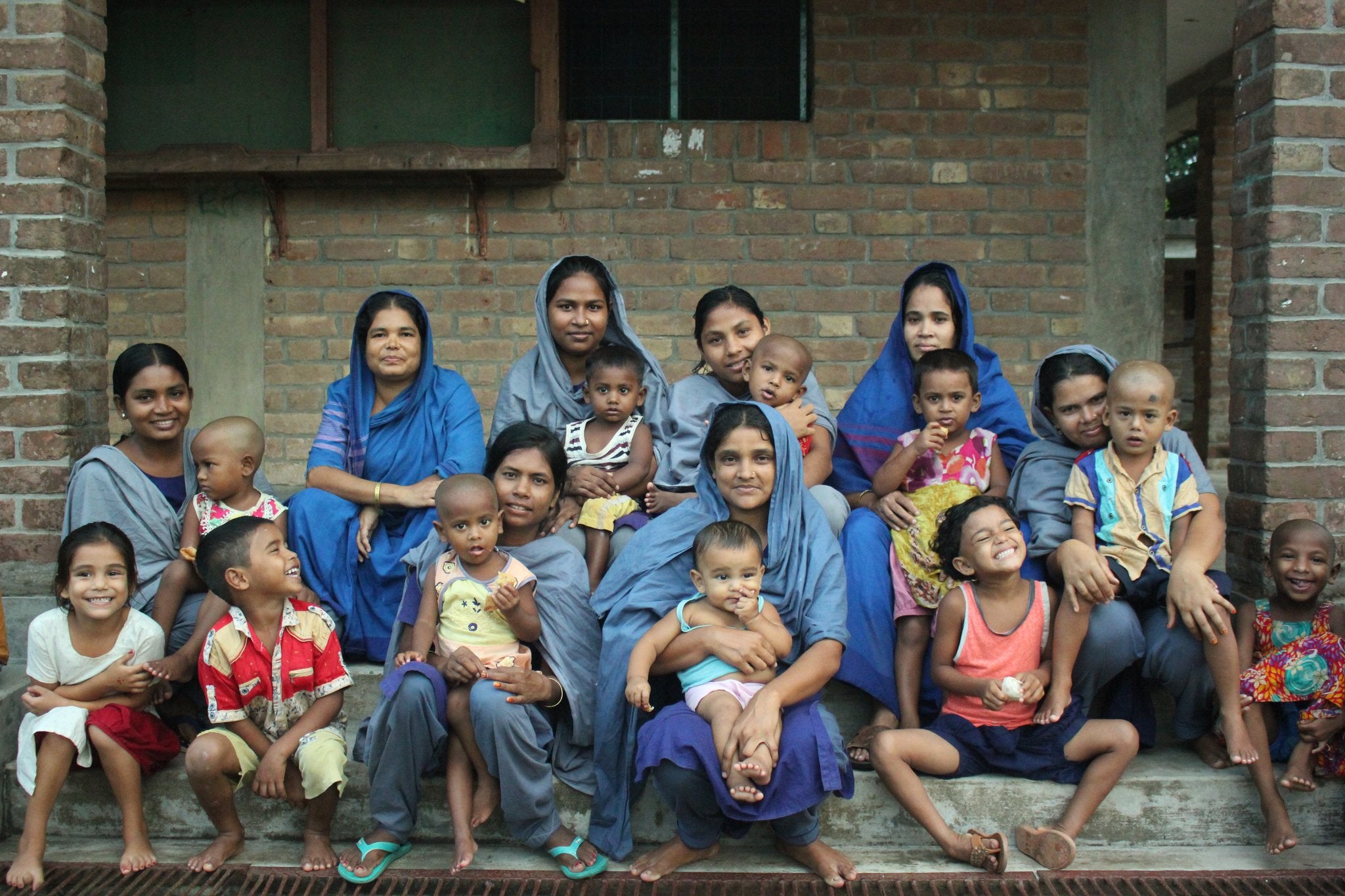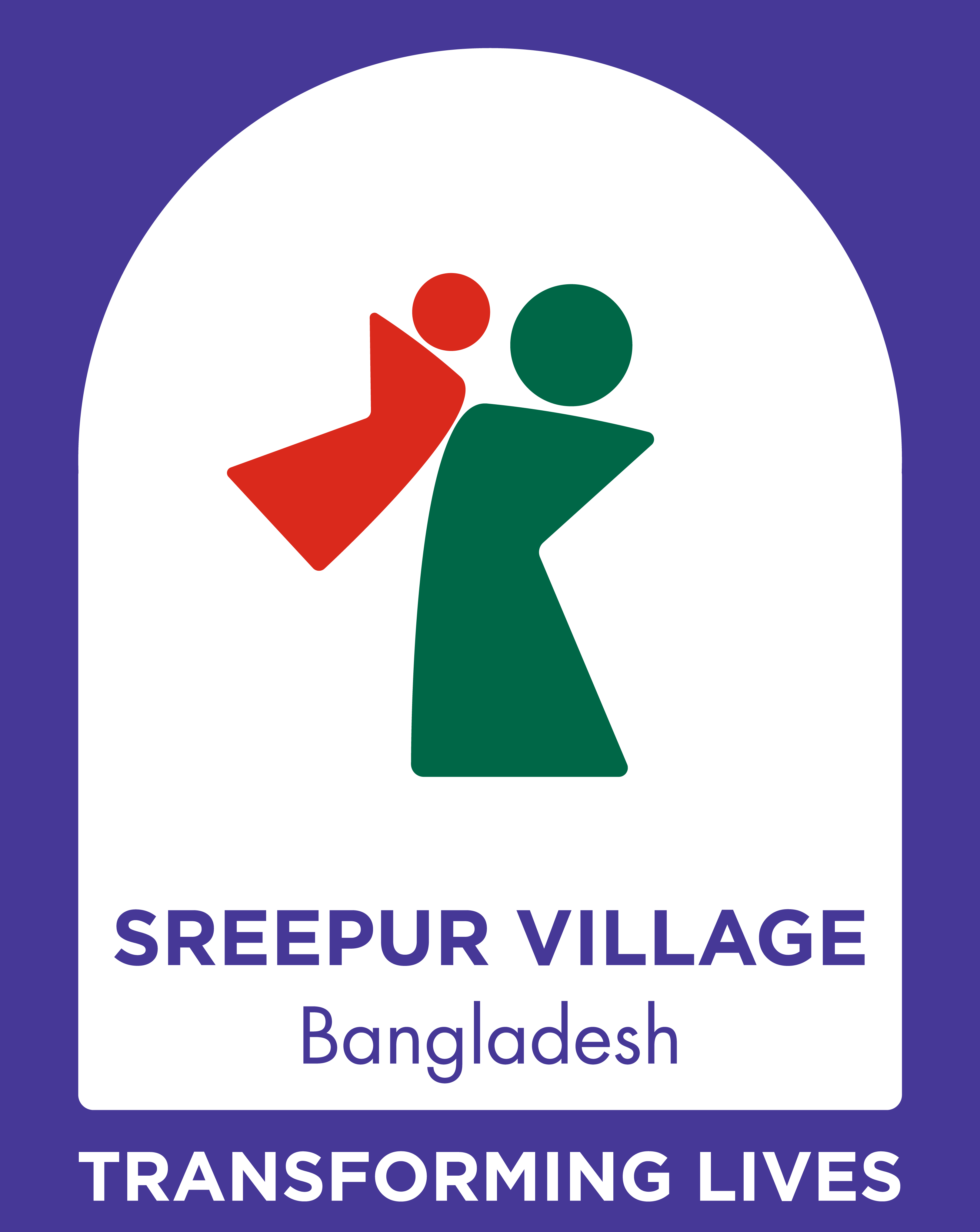

News
My Trip to Bangladesh, by Emma our UK Fundraiser
Warm Clothing For Rohingya Refugees
The Rohingya refugees, who have already suffered Bangladesh’s stifling heat and monsoon rains, are now bracing themselves for a harsh winter; and with a lack of warm clothing this only adds to their ongoing misery. At the Rohingya refugee camps in Cox’s Bazar (Southern Bangladesh), doctors are warning against the increased risk of an outbreak of cold-borne diseases, such as respiratory tract infections.
In such conditions it is the children that are the most vulnerable. During winter, the temperature in Cox’s Bazar dips to around 10–15 degrees, with December and January being the most unbearable months.
Garment Training and Mothers Livelihood
The garment industry of Bangladesh has played an important role in economically enriching a large group of poor and vulnerable women. Today, approximately 80% of garment workers are women. So, having this source of income not only helps women to lead a better life but it also provides them with more confidence at home, a social sphere and higher self-esteem. The most important thing is, however, that they can survive and help save their families. The number of women from impoverished northern districts of Bangladesh joining the garments sector are much lower due to lack of awareness of opportunities, risks of relocation, and uncertainty about securing a job quickly.

